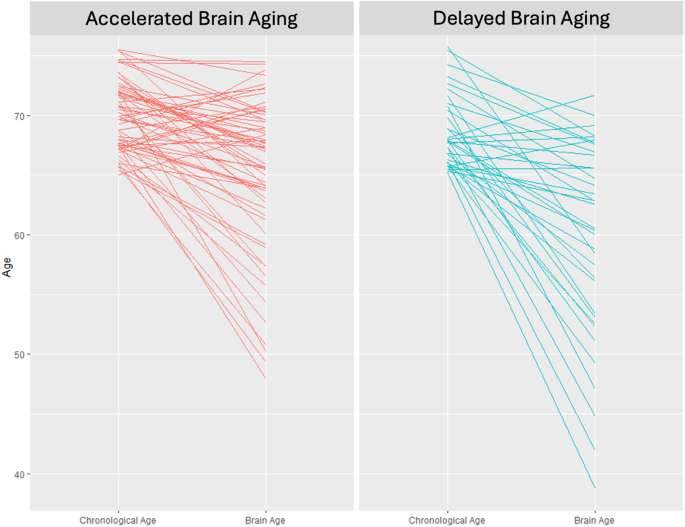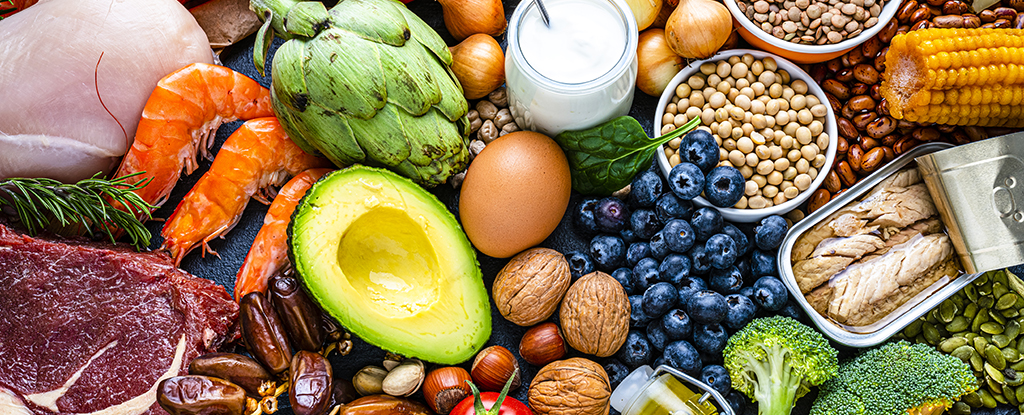Foods rich in fiber such as vegetables, fruits, cereals and legumes, vitamins, minerals and low in fat should be the everyday “staples” of a healthy diet.
In a new study, published in npj Aging, the team of scientists sought to understand the biological processes of ageing and how they can help us achieve a healthy life in the long term.
To better understand these processes, the researchers linked the rate at which our brain ages to the nutrients in our diet.

The researchers assessed brain ageing through MRI brain scans and cognitive assessments.
“We investigated specific nutrient biomarkers, such as fatty acid profiles, which are known in nutritional science to potentially offer health benefits,” says neuroscientist and study leader Aron Barbey in a statement.
According to ScienceAlert, the scientists cross-referenced brain scan records with nutritional intake data from 100 volunteers aged between 65 and 75, looking for links between certain diets and slower brain ageing.
The team identified two different types of brain ageing, and slower ageing was associated with a nutrient intake similar to that obtained from the Mediterranean diet.



Fatty acids and antioxidants were some of the beneficial biomarkers identified. In addition, carotenoids have been shown to reduce inflammation in the body and protect cells from possible damage.
Another beneficial biomarker associated with slower aging in this research was choline, which is found in egg yolks and raw soybeans.
“This study identifies specific nutrient biomarker patterns that are promising and have favorable associations with measures of cognitive performance and brain health,” concludes Barbey.
The evidence that nutrition plays a significant role in how the brain ages is growing - and each new study helps us understand how the brain is “connected” to other parts and functions of the body.







